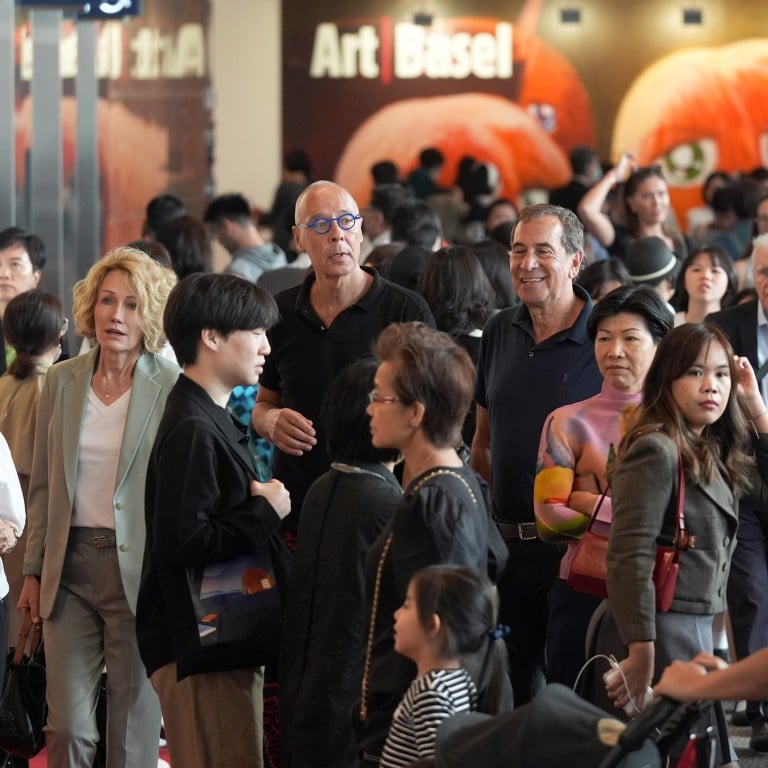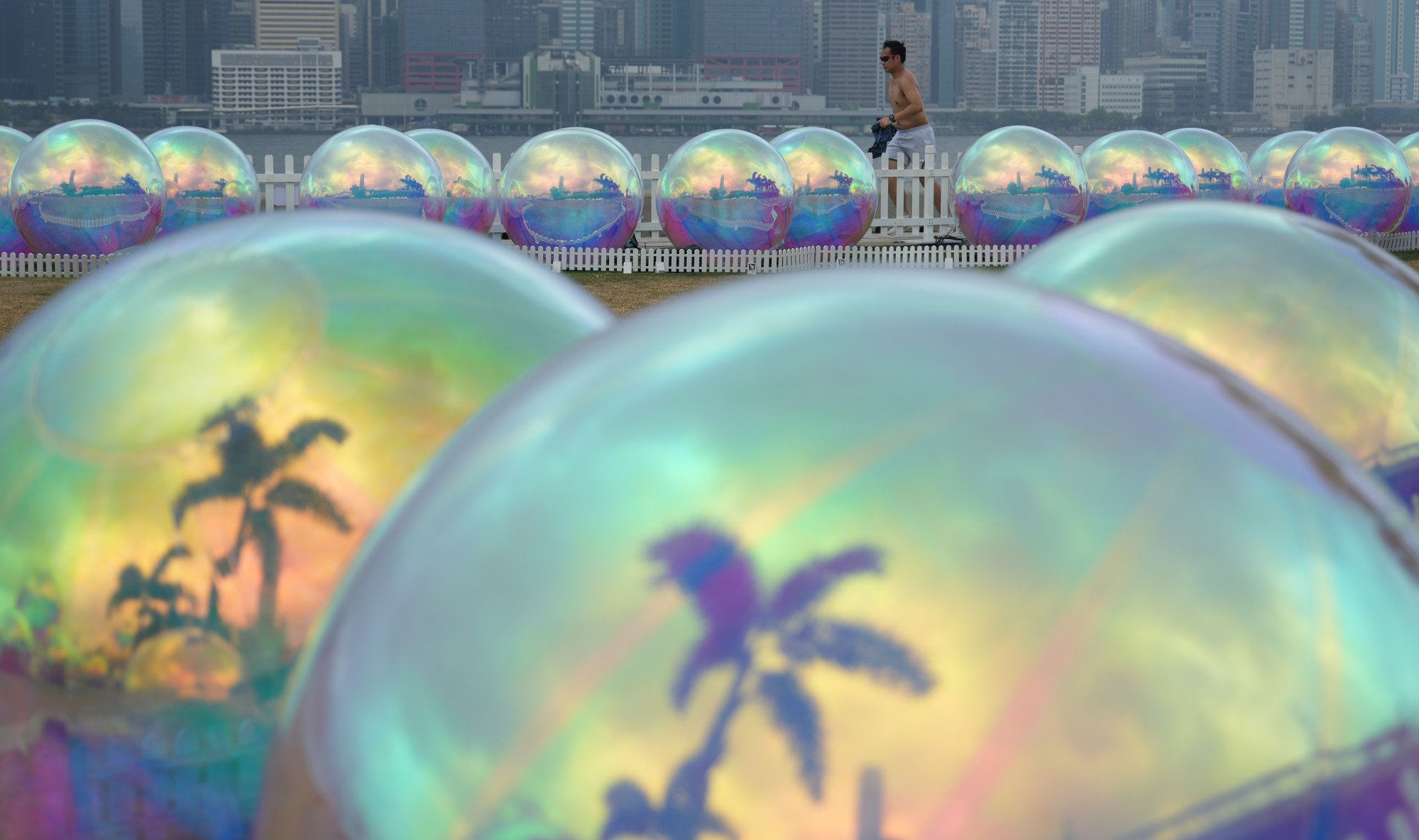
Amid Article 23 tensions, Hong Kong cultural summit shows a better way to connect
- The soft power of arts and culture transcends borders, influencing perceptions and fostering goodwill without the need for political or economic leverage
- The inaugural Hong Kong International Cultural Summit played an essential role in attracting visitors and countering negative perceptions
Apart from attracting a mix of new and returning visitors, the significance of the inaugural cultural summit cannot be underestimated. Those who attended included many renowned cultural leaders and influencers, representing some of the most important cultural districts, institutions and museums in the world.
Attendees experienced the city’s energy and vibrancy firsthand, and their comments and feedback about being in Hong Kong were overwhelmingly positive.

All involved have worked tirelessly to engage with the world’s most influential contemporary and historical institutions. MOU signatories included the Centre Pompidou, Musee National Picasso-Paris and National Museum of the Palaces of Versailles and Trianon in France, the Museo Nacional Del Prado in Spain, the Tate and the Victoria and Albert Museum in the United Kingdom, the Tokyo National Museum and Tokyo National Art Centre in Japan, the Getty Conservation Institute in the US, the Sharjah Art Foundation in the United Arab Emirates, the Qatar Museums on behalf of the Museum of Islamic Art, the Leeum, Samsung Museum of Art in South Korea, the Film Archive in Thailand, and the Asian Film Archive in Singapore.
The MOUs cover 11 countries, including China; four agreements were signed in the performing arts alone. These new relationships reflect Hong Kong’s increasing relevance as Asia’s most important hub.
The summit focused on the multifaceted contributions of cultural districts in driving transformative social and economic development. It highlighted their ability to re-energise cities and improve the quality of life across communities.
The energy emanating from a vibrant cultural district creates positive perceptions of an inclusive modern society that increasingly appeals to international audiences. They highlight a location as an attractive place in which to live, work or visit.
Why Hong Kong needs a proper art month
It is clear that the relationship between museums and their audiences is changing, and the intersection of art, science and technology influences artistic practices and the cultural landscape of the 21st century and societies.
Hong Kong is well-positioned to remain an integral part of the global dialogue, and the inaugural International Cultural Summit has expanded our outreach and provided us with a valuable opportunity to work alongside and learn from our peers.
Bernard Chan is a Hong Kong businessman and the vice-chairman of the West Kowloon Cultural District Authority


